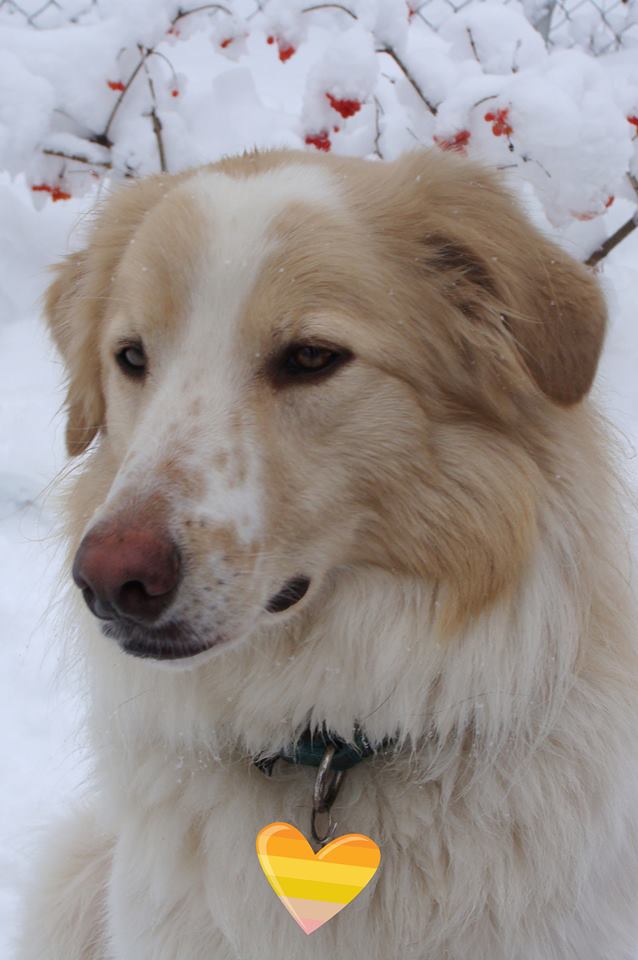
You’ve set up appointments to interview dog walkers. You’ve done your due-diligence on the companies they work for, whether national, regional, or local. You’ve given each company enough information about you and your dog so it’s been able to match you with what it considers appropriate dog walkers. Now you get to decide which of these dog walkers will move on to the next step in the hiring process: an actual meeting with your dog.
Before you make that decision, you interview each candidate—without your dog. (Crate the dog in another room if you meet at your home.) You have many questions to ask . . . and a lot to learn.
▪ What is the leash law in this neighborhood/city/county?
▪ What vaccinations are legally required in this state?
These questions are meant to ferret out a total novice. I cannot imagine employing a dog walker who did not know the correct answers. These are easy questions!
▪ How close do you live to me?
▪ Are you familiar with my neighborhood?
These questions may help you identify the dog walker you’re interviewing as someone who just coincidentally lives near you, which is convenient . . . or as someone who’s been matched with you by the company based only on their address. In other words, someone who otherwise has no good qualifications whatsoever to be your dog walker.
Be suspicious. You’ve read the horror stories. Don’t let yourself be taken advantage of.

Photo by Margaret Tyler
Here’s a list of equipment that might be used when walking a dog. Print out the list and ask the walkers you’re interviewing to put checkmarks by what they might use.
▪ Buckle collar
▪ Martingale collar
▪ Choke chain
▪ Head halter
▪ Prong collar
▪ E-collar
▪ Harness
▪ Leather leash
▪ Chain leash
▪ Flexible leash
▪ Long line
Steer clear of any walkers who indicate they use choke chains, prong collars, or chain leashes. All can physically harm the dog and none are effective as tools.
Flexible leashes are another no-no. Find a dog walker who refuses to use a flexible lead of any kind. Flexible leads are very dangerous.
Did you note the “ringer” in the list above?
Asking if a dog walker would use an e- or electronic collar, also known as a shock collar, fast-forwards to a line in the sand, as far as I’m concerned. I want the company and I want the dog walker to understand from the get-go that I will not tolerate any unauthorized use of pain-causing equipment on my dog. I’d hope for a dog walker who looked on using a shock collar with the same distaste that I feel.
I want to find a dog walker who asks me, “What equipment do you use?”
I want to hear, “What is your dog used to?”
I would welcome, “What kind of training have you done with your dog?”
It’s crucial that your dog walker consult you before making any changes from what you normally use for your dog, whether it’s a collar, a treat, or a cue. You make the choices, not the dog walker. You don’t want a dog walker who doesn’t understand that, or whose company encourages its walkers to use equipment on dogs that is not authorized beforehand by their owners.
Also print a checklist for what the dog walker carries on your dog’s walk. Again, ask the walkers to check all the items they normally take, then get into the details after they’re done.
▪ Treats
▪ Water bowl
▪ Poop bags
▪ Deterrent
▪ Extra leash
▪ Phone
▪ Ear buds
▪ ID
You’re right—one of these is not like the others.
I don’t want to pay somebody to be talking on their phone or listening to music while they walk my dog. They do need the phone for directions and emergencies, but no chatting with friends and no listening to music or audiobooks.
I want my dog to be walked by somebody who is using every single sense they have (including “common”) every second they are with my dog. My dog deserves that, and that’s what I’m paying for.
What’s a deterrent? I want my dog walker to carry a deterrent product that works on dogs. If issues can arise with other animals in my neighborhood, I want my dog walker to carry a product that deters them, too. Coyotes are common, for example, in many rural and urban areas.
Most deterrents can be stressful on your own dog if used on another animal close by, so ask the dog walker how they would get your dog accustomed to the product’s being deployed, whether it’s a sound or a spray. Your dog walker should be experienced with the product they use.
▪ How many dogs have you owned as an adult?
▪ What breeds/mixes of dogs have you owned?
▪ How many dogs do you own now?
▪ What do you do with your dog/s?
▪ Where did you get your dogs?
▪ Who is your veterinarian?
You want to know their areas of expertise. If you have a small dog, you want to know that they’ve had lots of experience with small dogs. If you have a big dog, you want to know that they’re experienced with big dogs. You hope they’ve had experience with your dog’s breed, or age, or temperament.
You want to find out what they know how to do with dogs. Do they show, compete in dog sports, volunteer? How did they choose their own dog. How do they care for that dog?
Want to know more? You’ve got to ask!
▪ How long have you been a professional dog walker?
▪ Have you worked for other dog-walking companies?
▪ How did they compare with where you work now?
▪ Why did you choose this particular company to work for?
▪ What training has this company given you?
▪ What training have you pursued on your own?
▪ Are you certified in pet CPR and pet first aid?
▪ What insurance does the company carry on you?
▪ Are you licensed/bonded?
▪ Is your vehicle insured for transporting my dog?
▪ What’s the plan for back-up if you’re unable to work?
Have you ever been locked out of an owner’s home?
This is almost a trick question. I’m looking for honesty, but I’m also looking for organization. It’s important that someone entrusted with keys and passwords for entering several private residences every day take that responsibility seriously. I want to hear that the dog walker has a standard operating procedure for dealing with keys and codes. I’d love to hear about that one time they got locked in a client’s back yard because they left the key in the house and the dog shut the door on them. I’d be delighted if they explained the lesson they learned then and how they’ve come to deal with keys and codes responsibly since.
Will you let my dog interact with other dogs on a walk?
The only correct answer to that is, “No.”
It’s fair to ask how the dog walker would avoid it, especially if your dog is friendly and interested in meeting other dogs.
What will you do if you’re approached by an off-leash dog?
I want a long answer on this question, covering all the variables—including using that deterrent when necessary. This is a very important consideration that could affect the safety of your dog and of the dog walker. This is where experience counts.
Compose a question or two—or more—specifically about your own dog. You don’t want pat answers. You want answers tailored to your dog and your situation.
“Pickles is very shy about meeting new people. How would you gain her trust?”
“Buster pulls on the leash when he gets excited. How would you handle that?”
“Sophie sometimes lies down on the sidewalk and won’t move. What would you do?”
Their answers will reflect each dog walker’s philosophy, let’s say, on dogs, on training, on behavior. Do you get the impression that the walker is easily upset, angered, disappointed? Or are they upbeat, patient, optimistic? Do they genuinely like dogs?
You need to take notes! (Or video the interview.)
When you’ve asked all the questions and considered all the answers, you then make the next decision: who among those interviewed will you invite back for a meet-and-greet with your dog?
In our next installment, we’ll discuss that meeting—how to set your dog up for success in helping you pick the best dog walker possible!



